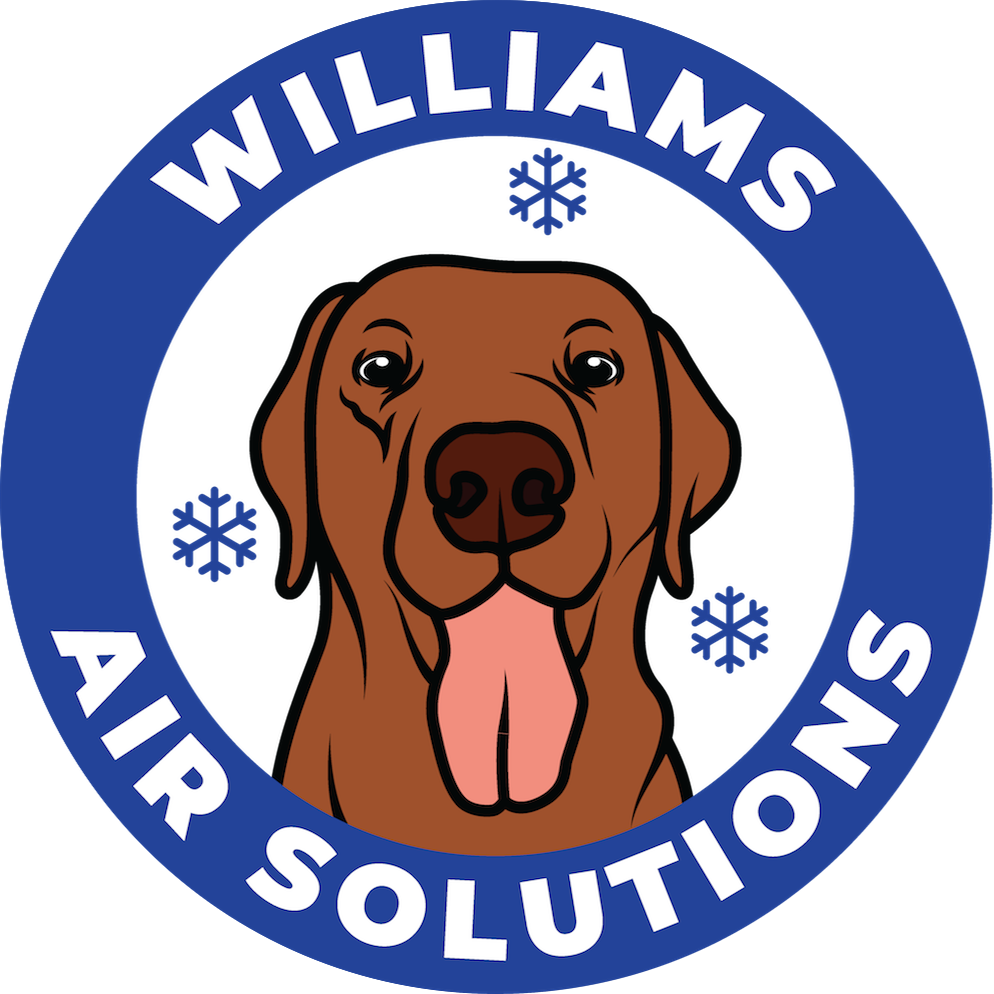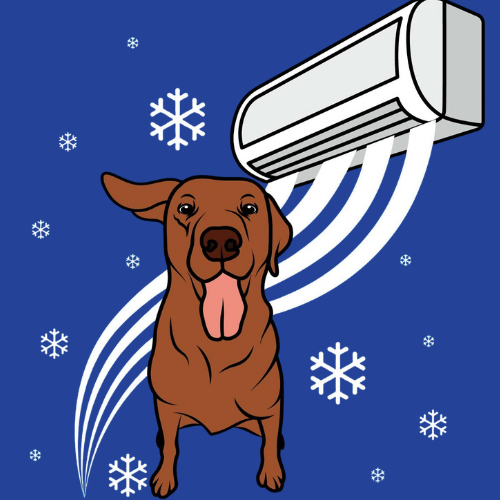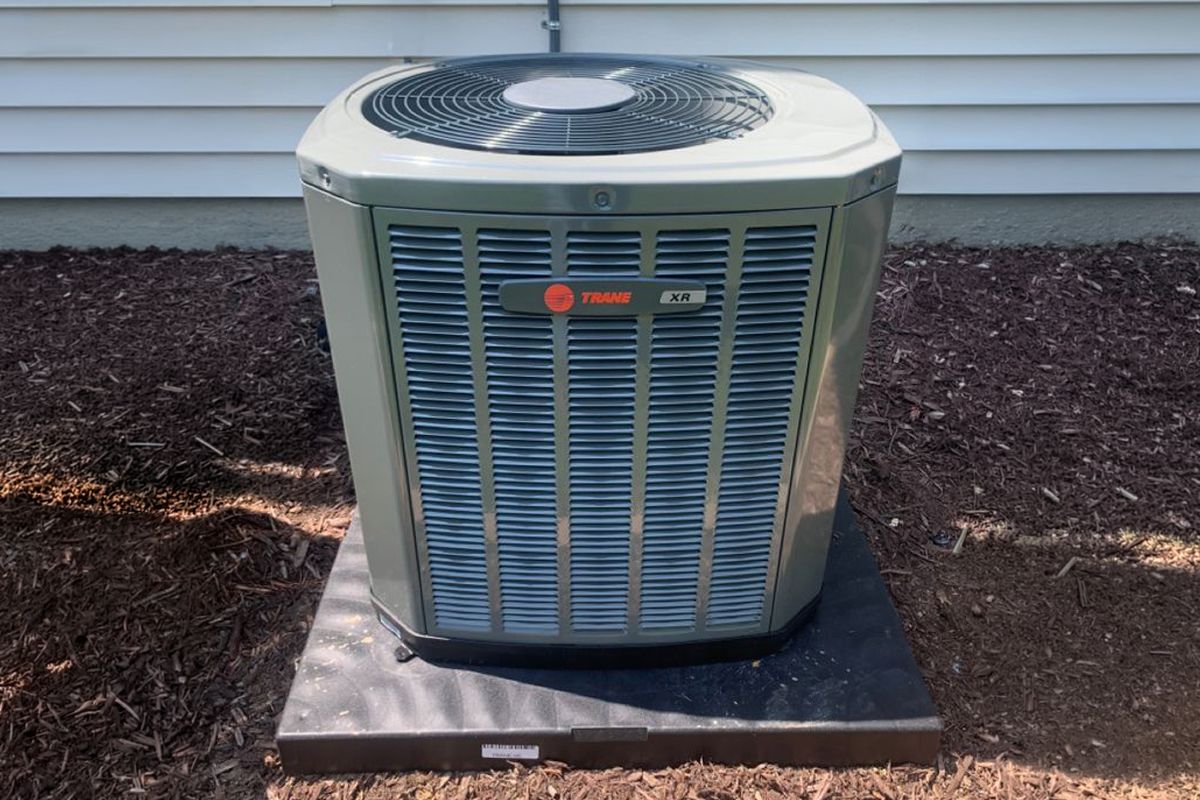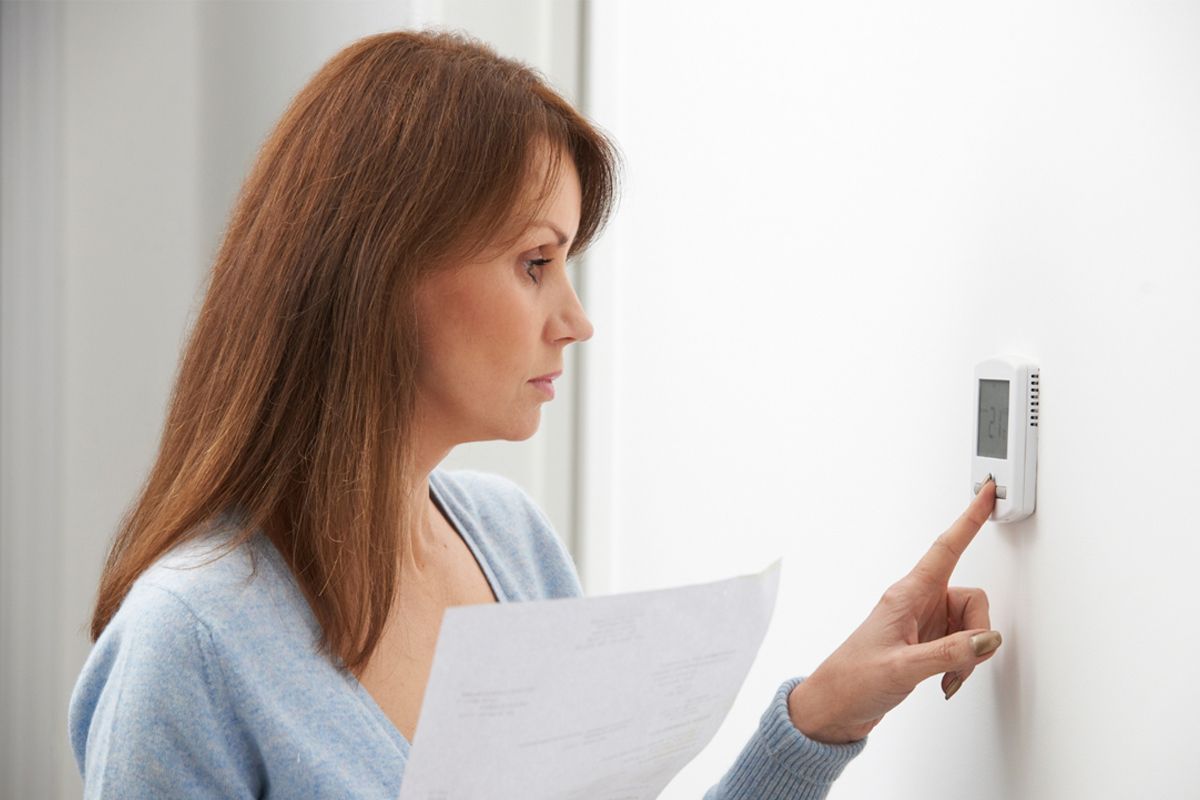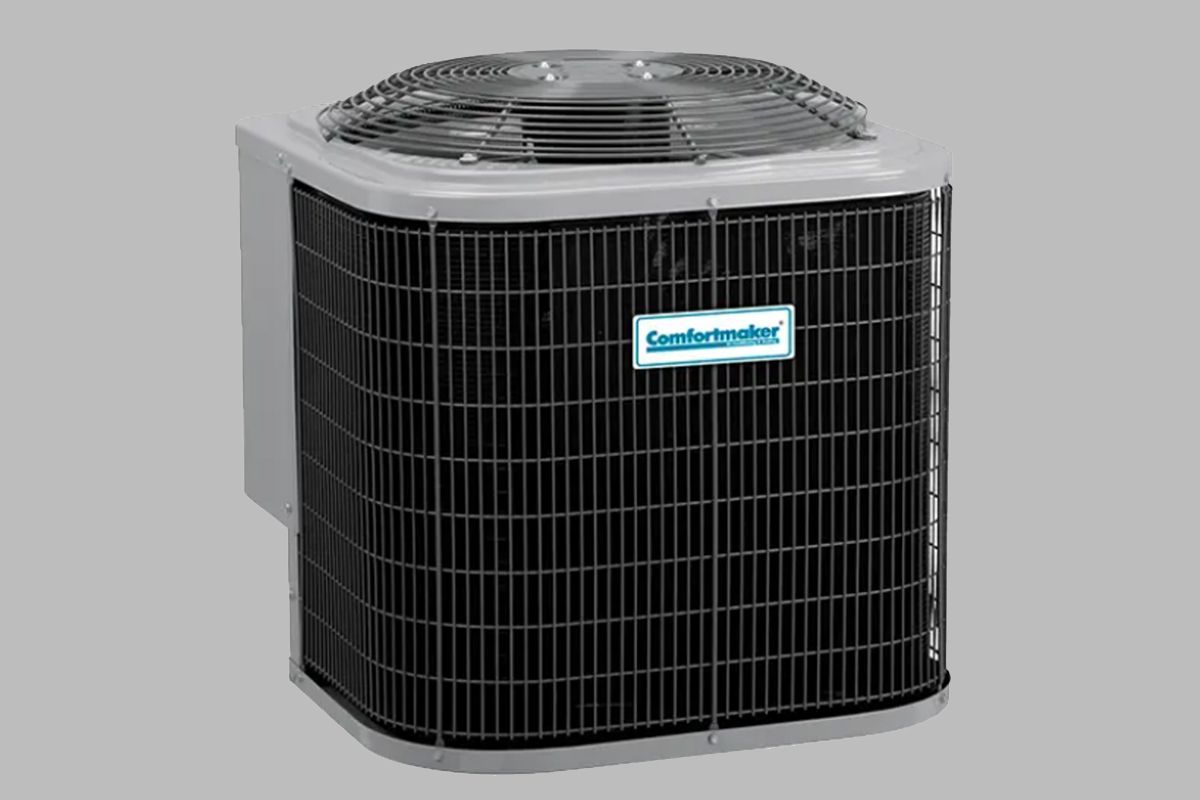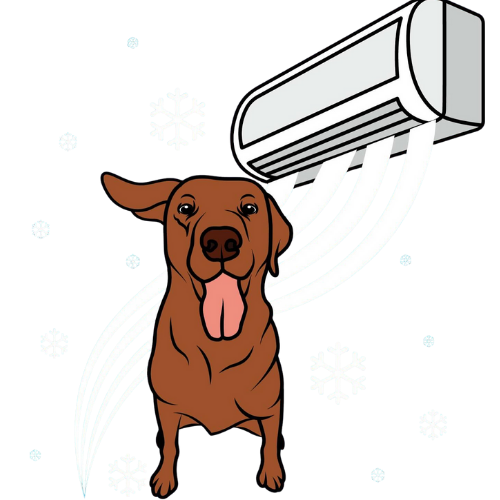How Seasonal HVAC Tune-Ups Save Money for SFR Homeowners
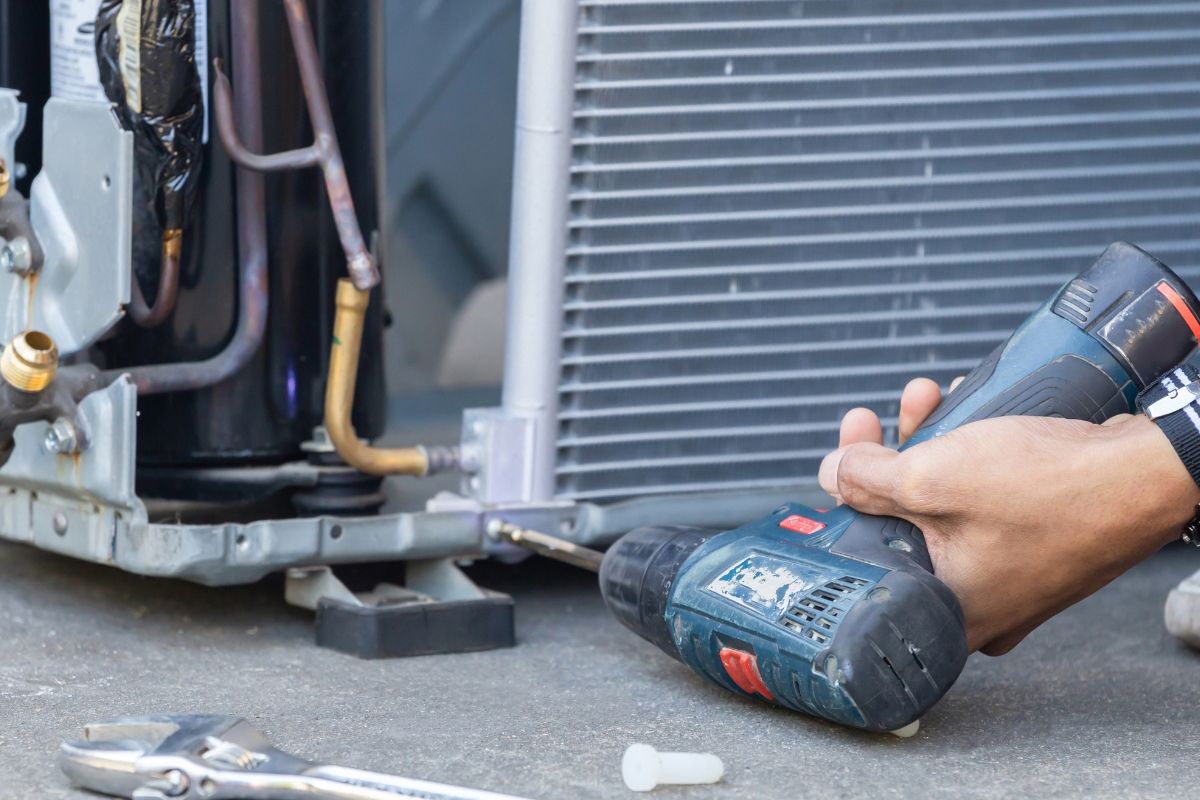
Owning a single-family home in Florida means your air conditioning system works overtime. With long cooling seasons, high humidity, and frequent storms, HVAC systems in Pinellas County face heavy wear compared to other parts of the country. That’s why seasonal tune-ups are one of the smartest investments homeowners can make.
Beyond comfort, routine service directly translates into lower operating costs, fewer repairs, and longer equipment life. Here’s how seasonal HVAC tune-ups save money for single-family residential (SFR) homeowners.
Lower Monthly Energy Bills
A poorly maintained system has to work harder to deliver the same cooling. Dirty coils, clogged filters, and unbalanced refrigerant levels all reduce efficiency.
During a tune-up, technicians clean and calibrate the system to restore peak performance. According to the U.S. Department of Energy, regular maintenance can reduce energy consumption by 5–15% annually. For Florida households, where AC use dominates utility bills, that adds up to real savings each month.
Prevent Expensive Emergency Repairs
Small issues left unchecked often become costly breakdowns. A worn capacitor or clogged drain line may only cost a few dollars to fix during maintenance, but if ignored, they can lead to compressor failure or water damage.
Real-World Example: A homeowner in Largo, FL scheduled a spring tune-up and learned their refrigerant was low. The leak was repaired quickly, avoiding what could have been a $1,000+ repair if the compressor had failed during summer.
Extend the Life of Your HVAC System
Most AC systems in Florida last 10–15 years, but with consistent care, some units run efficiently for 18 years or more. Seasonal tune-ups minimize wear, keep components lubricated, and ensure balanced operation. The longer your system lasts, the more money you save by delaying the cost of replacement.
Maintain Warranty Coverage
Many manufacturers require documented maintenance to keep equipment warranties valid. Without proof of tune-ups, homeowners may have to cover expensive parts or labor costs out of pocket.
Scheduling seasonal service ensures compliance and protects your investment in case of future failures.
Improve Indoor Comfort and Air Quality
Clean filters and coils don’t just lower bills, they also improve airflow and reduce allergens. For families in single-family homes, this means consistent comfort and healthier indoor air without overburdening the system.
Seasonal HVAC tune-ups aren’t just a recommendation; they’re a proven way for Florida homeowners to save money and avoid the stress of mid-summer breakdowns. By lowering energy bills, preventing costly repairs, and extending system life, routine maintenance provides an excellent return on investment.
At Williams Air Solutions, we help Pinellas County homeowners protect their comfort and their budgets with detailed seasonal tune-ups tailored to Florida’s climate.
Call Williams Air Solutions at (727) 353-0090 today to
schedule your seasonal HVAC tune-up and start saving money on your home’s energy costs.
